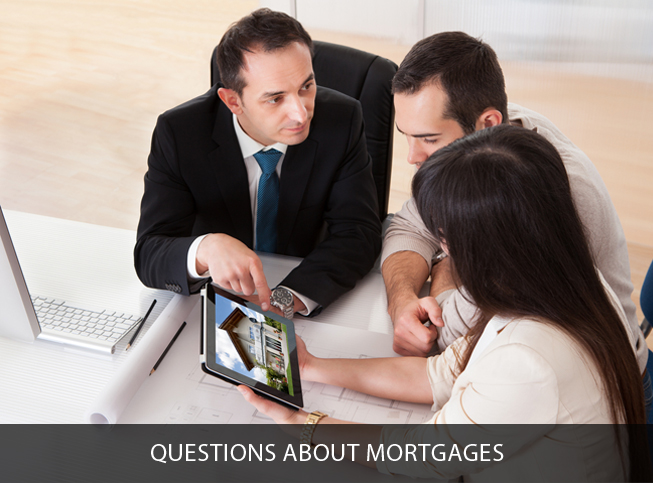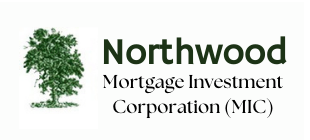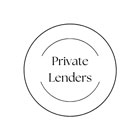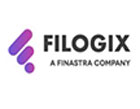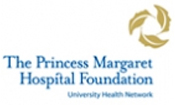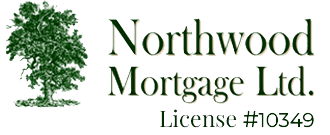Whether you live in a modest two-bedroom townhouse or a sprawling 15-room mansion, your mortgage is likely the largest expense you will ever encounter. It’s only natural that you will have lots of questions before you make such a commitment. Here are 7 of the most common ones.
1. Where Should I Get a Mortgage?
Big banks, credit unions, trust companies, private lenders, you have options when it comes to finding the right place to get a mortgage. Take your time, shop around and look for the terms that are best for you. For a wider variety of options, a mortgage broker will help.
2. Should I Get Pre-Approved?
In a word, yes you should. When you are pre-approved for a mortgage, you know how much you can spend ahead of time. This means you won’t waste time looking at houses that are above or below your budget. You also might be able to settle on a mortgage rate for that amount just in case the rates rise while you’re looking.
3. How Much Can I Afford?
The amount you are pre-approved for and the amount you can afford to spend for your lifestyle aren’t always the same. A mortgage lender will work out a couple of different calculations that take your household income and expenses into consideration. These are generally an accurate reflection of how much you should spend on housing.
4. What’s the Difference Between Fixed and Variable?
Fixed and variable mortgage rates are the two types you’ll choose between when you shop for a mortgage. With a variable rate, your personal mortgage rate will go up or down according to changes in the prime rate. With a fixed rate, your mortgage rate stays the same for the length of the term. You won’t benefit if the prime rate drops, but won’t suffer if it rises.
5. What Are the Payment Options?
Mortgage payment will vary according to the lender, but you’ll usually have the option to pay monthly, semi-monthly, bi-weekly, accelerated bi-weekly, weekly and even accelerated weekly. Different options have different benefits, so discuss which is best for you with your lender.
6. How Much Will My Down Payment Be?
The type of mortgage you get, and your credit score situation will help determine how much of a down payment is required. With a conventional mortgage, a minimum of 20% of the home’s purchase price is required, but a high ratio mortgage may only need a 5% down payment.
7. What’s the Difference Between Open and Closed Mortgage?
Closed mortgages usually have a lower interest rate than open mortgages, but you must pay a fee if you decide to renegotiate at any time and a penalty if you decide to pay it off early. With an open mortgage, you can re-pay part or all of the mortgage at any time, without incurring any penalties. The interest rate is usually a little higher for this added flexibility.
